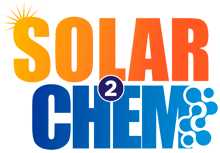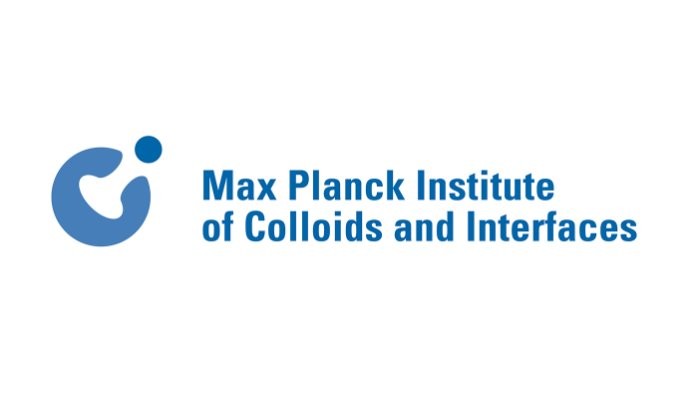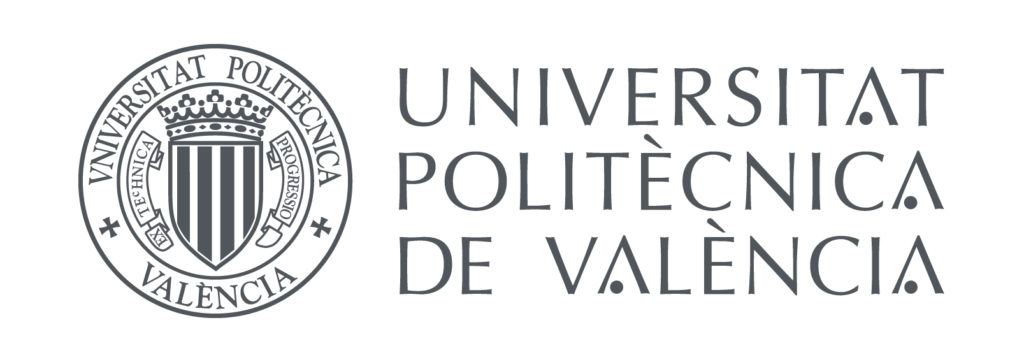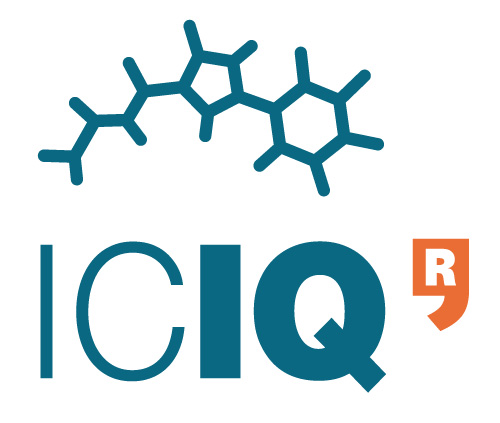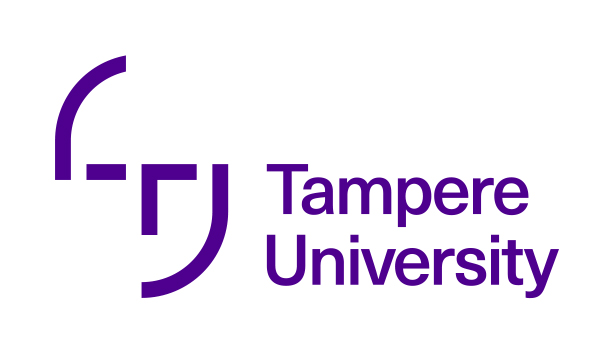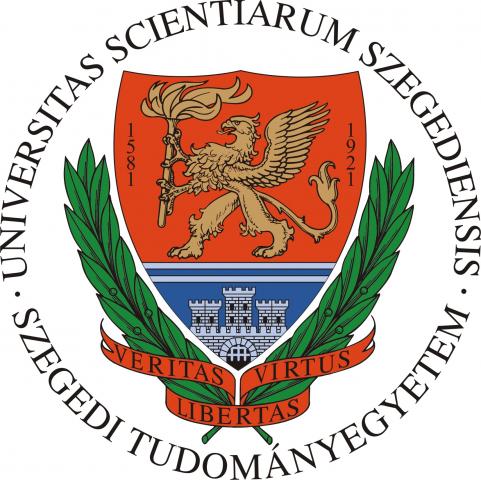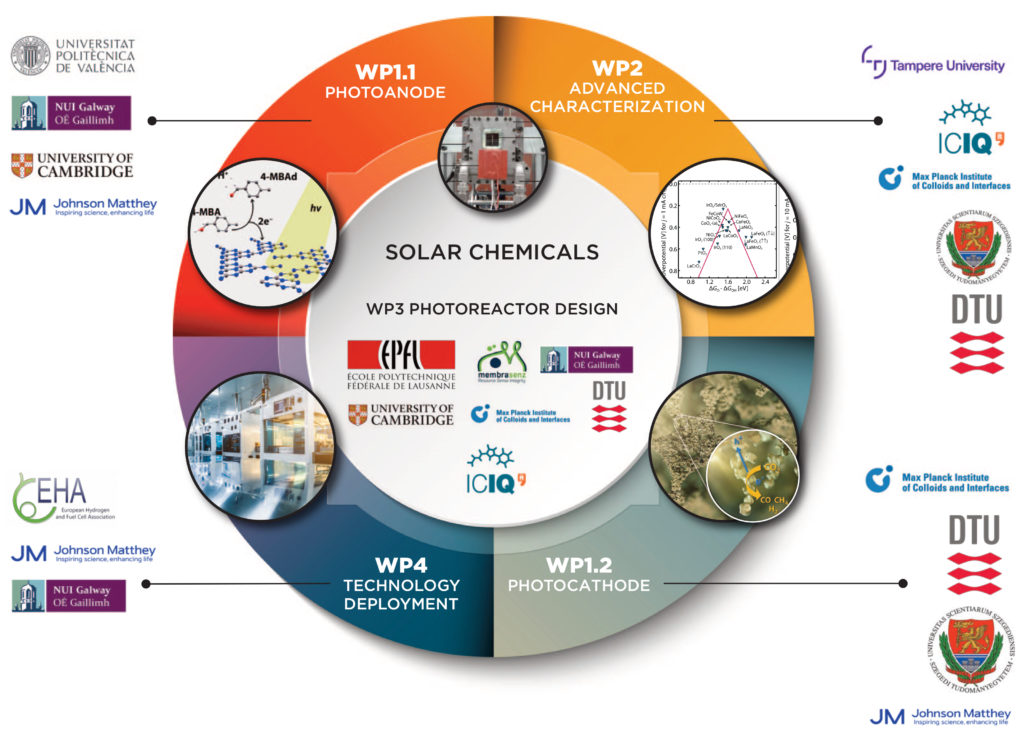
Indicative descriptions of the ESR projects are provided below with the main supervisor:
The thesis aims at the design and preparation of novel earth abundant catalysts for selective epoxidation of key intermediates in the pharmaceutical industry. The catalysts will be fully characterised and mechanistic studies will be done to unravel the reaction pathways. The catalysts will be based on Co and Fe coordination complexes with robust ligands stable under oxidising conditions. The mechanistic studies will be done using available techniques at NUIG such as electrochemistry and spectroscopy methods. The ligands will contain suitable functional groups to be immobilised on carbon-based semiconductors. The newly formed photoanodes will be fully characterised and tested in catalytic reactions, i.e. formation of Ranolazine.
Early Stage Researcher: Huanyu Ding
Supervisor: Dr. Pau Farràs
The thesis aims at the synthesis of neutral and anionic rugged organic ligands to stabilise mixed metal oxide nanocrystals. The objective is to provide the nanomaterials with enhanced selectivity and activity towards the water oxidation reaction. The ligands will be robust to withstand the harsh oxidising conditions. The nanocrystals will be prepared to have an atomic control of the composition using cation exchange techniques. The materials will be fully characterised by techniques available at NUIG and complemented by DFT calculations and advanced fast spectroscopy and microscopy techniques. These will be grafted on carbon-based semiconductors and their visible-light driven activity tested in aqueous solutions containing different concentrations of salts. The reaction mechanisms will be studied combining theory and experiment using operando surface characterisation.
Early Stage Researcher: Maryam Toufani
Supervisor: Dr. Pau Farràs
The main objective of this project will be to compile and analyse measures and incentives that European countries have in place for a solar chemicals industry. The data will be compared to current initiatives such as Green Industry for a Low-carbon Future. From these data, a roadmap for the implementation of photoelectrochemical reactors for the medium-to-large scale production of the studied chemicals in SOLAR2CHEM will be proposed and presented to the relevant authorities. The ESR will be exposed to a large number of institutions such as companies, regional and national authorities and academia providing an excellent environment to develop a career development plan. The fellow, with the support of EHA and HyEn, will organise a cluster of institutions to promote the use of the technology studied in the project and ensure the Europe is leading on the research of solar-driven chemistry.
Early Stage Researcher: Júlia Terra Machado
Supervisor: Dr. Brendan Flynn
The ESR will develop novel carbon nitride-based photoanodes and exploit their unique reactivity for the selective oxidation of organic substrates. The objective is to develop alternative oxidation processes to water oxidation and to produce high-value chemicals that allow an early-stage commercialisation. First, photoelectrochemical oxidation of simple alcohols to aldehydes will be studied. This will be followed by the synthesis of aldehydes and ketones relevant for the pharmaceutical and fragrance industry. A screening approach based on cyclic voltammetry, controlled-potential electrolysis and product quantification will subsequently be developed to explore a wide range of organic oxidation reactions. Analytical methods include electrochemistry, chromatrography (GC, HPLC) and NMR spectroscopy.
Early Stage Researcher: Carolina Pulignani
Supervisor: Prof. Erwin Reisner
Design and test of for tandem devices which can be used to hydrogenate CO2 in to chemicals by harvesting solar light. The project will be focus at obtaining effective anodes for oxygen evolution splitting water and cathodes which has sufficient potential to generate chemicals instead of hydrogen by hydrogenating CO2 or CO. The products aimed for are initially simple molecules such as ethanol and CO, but on a longer timescale more valuable chemical like higher alcohols/aldehydes and hydrocarbons are the goal. New catalysts will be identified and tested in a set-up where 100% faradaic efficiency can be accounted for (thus both gases and liquids) and the goal is to obtain both a high and selective product distribution.
Early Stage Researcher: Kathrin Naumann
Supervisor: Prof. Ib Chorkendorff
The thesis aims at the synthesis of so called “truly noble” carbon nitride semiconductors modified by organic copolymerization, e.g. polyheptazineimide-salts and internal heterojunction- monomers, such as indigo. These systems are expected to move classical systems by another 0.5 – 1 Volt towards stronger oxidation and thereby driving also the charge transfer to a variety of oxidation catalysts more effectively. The materials are characterized structurally and spectroscopically by a variety of techniques and then applied to run model oxidation reactions with added value, e.g. perphosphate synthesis but also lignin/biomass oxidations.
Early Stage Researcher: Alexey Galushchinskiy
Supervisor: Prof. Markus Antonietti
The ESR will be trained in the preparation and characterization of doped graphenes and graphene-like photoanodes capable of absorbing visible light for oxidation reactions. Then, the student will study the immobilization of molecular catalysts supplied by NUIG, UCAM and JM, and the study of their photoelectrochemical properties as photoanodes. In this project, the main objective is the preparation of nanostructured 3D graphene foams to anchor metal complexes of earth-abundant elements (Co, Fe, Mn, Ni) capable to generate oxygen and hydrogen peroxide from water, and/or promote organic transformations such as C=C double bond epoxidation and alcohol oxidation to aldehydes and ketones. The purpose of using hybrid 3D photoelectrodes is to obtain high surface area in a small footprint combining the electrical conductivity and striking optoelectronic properties of doped graphenes with high activity molecular catalysts.
Early Stage Researcher: Horațiu Szalad
Supervisor: Prof. Hermenegildo Garcia
The thesis aims at the development of a common computational framework that can be employed to describe, analyse and rationalise the results obtained in WP1-3 while providing the key parameters, descriptors, for the engineering from a first-principles point of view together with the parameters to be employed in the modeling considered in WP3. The objective is to provide a computational platform that can be accessed by all the institutions with all the materials investigated so far and providing new results in terms of hybrid photoanodes for oxidation and reduction properties.
Early Stage Researcher: Pavle Nikačević
Supervisor: Prof. Núria López
The goal of the project is to gather better understanding of the membrane material properties, which critically affect the efficiency of the water splitting process in photo reactors. Membrane material will be characterized by electrochemical techniques (electrochemical impedance spectroscopy, chronopotentiometry) using two-compartment four-electrode electrochemical electrolysis test cells. The study of ion-selectivity mechanisms will be undertaken, which will enable the candidate to propose a mass transport model across the membrane material. In the frame of this PhD project, the ESR will collaboration with structural studies and research to investigate structure-function relationship and find connections between kinetic and thermodynamic parameters.
Early Stage Reseacher: Muhammad Saad Naeem
Supervisor: Prof. Núria López
The aim is to quantitative characterize the multi-physical transport within a morphologically complex photoelectrode and subsequently exploit this information for guidance of optimized morphologies of photoelectrodes. The methodology followed starts with obtaining the exact 3D structural information of the photoelectrodes by advanced microscopy techniques (i.e. FIB-SEM nano-tomography), segmenting and digitalizing it, and then using it in direct pore-scale numerical simulations. The simulations are multi-physical, coupling radiation absorption, semiconductor physics, heat transfer, interface kinetics, and mass transfer in the liquid reactant/electrolyte phase. The framework should have a general character, to be applicable to the various reactions considered in the project. However, reactions which are particularly sensitive to the reaction conditions in terms of selectivity and rate will be preferentially investigated (i.e. CO2 reduction). We will collect a whole library of structural data of the various (photo)electrodes and components of all partners.
Early Stage Researcher: Francesca Lorenzutti
Supervisor: Prof. Sophia Haussener
The aim is to obtain a rapid and circular design procedure for the engineering of flexible and versatile reactors. The reactor designs are heavily supported by the multi-scale modelling frameworks, providing feasibility studies and design guidance. The different reactor designs are fabricated using techniques with a fast turn-over (e.g. 3D printing). Testing procedures and benchmarking approaches will be developed for laboratory experiments under controlled conditions as well as for on-sun experiments for realistic and dynamic conditions. Long-term experiments will be conducted and potentially coupled to degradation studies with the aim to develop accelerated aging experiments to explore long-term performance and possibilities to predict it.
Early Stage Researcher: Roberto Valenza
Supervisor: Prof. Sophia Haussener
The aim is to obtain quantitative information on the photocarrier fate form the moment of photon caption and the carrier generation to its utilisation in catalytic reaction at the electrode/nanostructure surface. A range of time resolved spectroscopy technique will be used including femtosecond pump-probe methods to study primary reactions of photon energy conversion to electrons and holes in conduction and valence bands, respectively, to millisecond and longer time flash photolysis methods to monitor the reactions at the electrode interfaces. The experiments will be conducted with model samples specifically developed to study primary processes and complete device assembles in conditions close to practical use cases. The global analysis of the data will be employed to get quantitative information on the rates and efficiencies of each reaction involved. The work will be carried out in close collaboration with structural studies and thermodynamic research to investigate structure-function relationship and find connections between kinetic and thermodynamic parameters.
Early Stage Researcher: Jokotadeola Adeoluwa Odutola
Supervisor: Prof. Nikolai Tkachenko
The aim of the doctoral work is to employ and optimize different measurement methods which allows sophisticated characterization of the photoelectrodes synthesized both in house and at the project partners. The thesis will involve 2D photoelectrochemical microscopy, operating with both continuous and pulsed illumination, therefore both the stationary and transient behaviour of the photoelectrodes will be analysed. The focus will be on 2D materials, where the role of basal and edge sites will be evaluated. Special emphasis will be given for the CO2 reduction reaction, studying different co-catalysts and mediators (received from the partners) linked to the 2D semiconductors. Ultrafast transient spectroelectrochemical measurements will also be performed to assess the charge carrier dynamics under operando conditions.
Early Stage Researcher: Xiangtian Chen
Supervisor: Prof. Csaba Janáky
The aim of the doctoral work is to study both anodic and cathodic photocorrosion of photoelectrodes synthesized both in house and at the project partners. Two major strategies will be tested, atomic layer deposition of metal-oxides (e.g., TiO2 and NiO), which is currently considered as the most promising approach. However, it has only be tested for a few photoelectrodes, and we will extend this method to the new generation photoelectrodes obtained within the framework of the project. A state-of-the-art ALD instrument will be dedicated to the project, which is capable of coating complex, high aspect-ratio nanostructures. Another focus area will be the electrodeposition of thin conductive polymer films on top of the photoelectrodes. Such electroactive coatings can act both as protective agents and redox mediators, however this concept has to be further developed.
Early Stage Researcher: John Mark Christian Dela Cruz
Supervisor: Prof. Csaba Janáky
The ESR at JM will concentrate on developing new methods for the incorporation of metal, metal oxide and metal chalcogenide nanoparticles on electrically conducting supports including inorganic semiconductors, graphene, reduced graphene oxide and carbon nitrides. The purpose will be to provide a platform of photo-electrocatalytic materials with reactivities targeted towards selected reactions covered by the Training Network. Particular emphasis will be placed on: i) A comparison of catalyst performance when nanoparticles are made in different ways; ii) Durability of the catalyst and support under realistic reaction conditions; and iii) The scale-ability of the fabrication process and reproducibility. The ESR will thus be exposed to an exceptional range of opportunities to develop new scientific and technical skills in a state-of-the-art industrial research environment.
Early Stage Researcher: Sebastiano Gadolini
Supervisor: Dr. Peter Ellis
